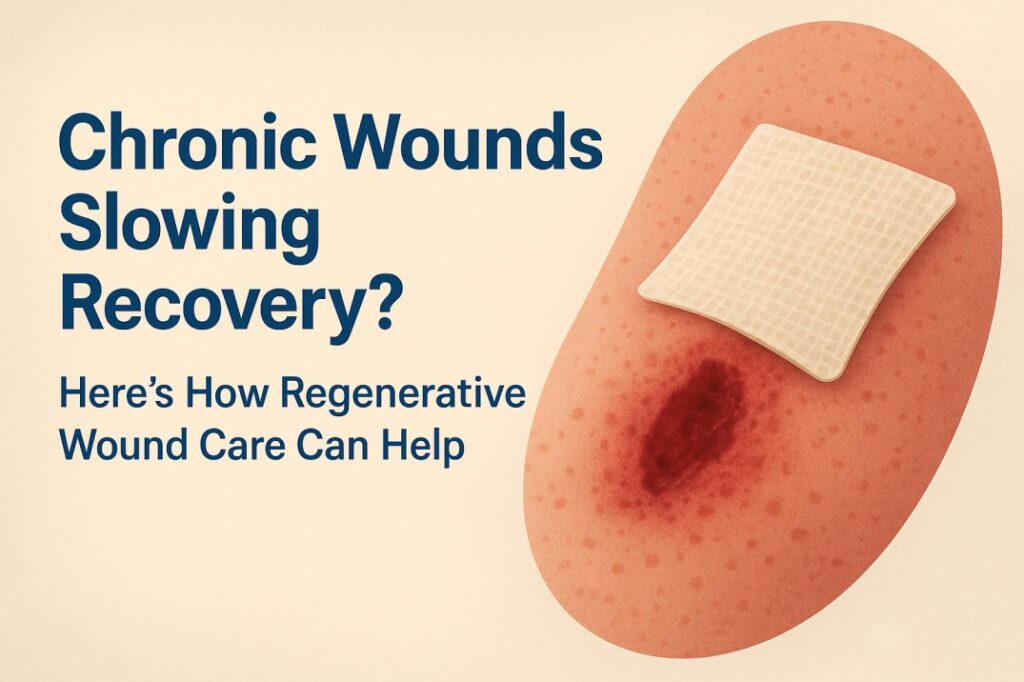Are you feeling trapped in an abusive relationship? The pain, confusion, and fear can be overwhelming, but you’re not alone. Many people struggle with similar situations and find it difficult to take the first step toward healing. One effective way to start your journey to recovery is through counseling. This article will explore how online counseling and finding the best psychologist near you can help you overcome the challenges of an abusive relationship.
Understanding Abusive Relationships
Abusive relationships come in various forms, including physical, emotional, and psychological abuse. Each type of abuse can have devastating effects on a person’s mental health and overall well-being. Recognizing the signs of abuse is the first step toward seeking help. Common signs include:
- Physical abuse, including shoving, slapping, or punching
- Emotional manipulation, including constant criticism, humiliation, and controlling behavior
- Psychological abuse, like threats, intimidation, and isolation from friends and family
The Role of Counseling in Abusive Relationships
“Online Counselling” plays a crucial role in helping individuals understand and cope with the effects of abuse. Through counseling, victims can gain insight into their experiences, develop coping strategies, and work towards building a healthier future. There are several benefits to seeking counseling for abusive relationships:
- Safety Assessment: Counselors assess the immediate safety of the victim and develop a safety plan if needed.
- Empowerment: Counseling empowers victims by helping them recognize the abuse, understand their rights, and regain a sense of control over their lives.
- Education: Counselors educate both parties about the dynamics of abuse, including power and control tactics used by perpetrators.
- Emotional Support: Victims receive emotional support to cope with trauma, fear, guilt, and other complex emotions associated with abuse.
- Validation: Counselors validate the experiences of victims, helping them understand that the abuse is not their fault.
- Behavioral Changes: Perpetrators are guided to understand and change their abusive behaviors through interventions like anger management and communication skills training.
- Accountability: Counseling holds perpetrators accountable for their actions and helps them take responsibility for their behavior.
- Boundary Setting: Victims learn to establish and enforce boundaries, both in the relationship and in other areas of their lives.
- Conflict Resolution Skills: Both parties learn healthy conflict resolution skills to prevent escalation into abusive behavior.
- Trauma Processing: Victims process trauma associated with the abuse through techniques like trauma-focused therapy or EMDR (Eye Movement Desensitization and Reprocessing).
- Support Network: Counselors help victims build a support network of friends, family, and community resources.
- Prevention: Counseling aims to prevent future incidents of abuse by addressing underlying issues such as substance abuse, mental health issues, or learned behavior patterns.
- Post-Separation Support: After leaving an abusive relationship, counseling assists victims in rebuilding their lives, addressing legal issues, and navigating co-parenting if children are involved.
Overall, counseling in abusive relationships focuses on safety, empowerment, education, and healing, aiming to break the cycle of abuse and promote healthy relationships.
Online Counseling: Accessible Support
Online therapy has grown in popularity as a practical and easily available means of getting help. It eliminates the need for travel and provides flexibility in scheduling, making it easier for individuals with busy lives or those in remote areas to access help. Among the main advantages of online therapy are:
- Convenience: Sessions can be scheduled at a time that suits you best, from the comfort of your home.
- Anonymity: Online counseling can offer a sense of anonymity, which can be crucial for those who feel ashamed or fearful of seeking help.
- Access to Specialists: You can connect with counselors who specialize in abusive relationships, regardless of their physical location.
Finding the Best Psychologist Near You
If you prefer face-to-face counseling, finding the “Best psychologist near me” is essential. The following advice will assist you in selecting the ideal professional:
- Research Credentials: Ensure the psychologist is licensed and has experience in dealing with abusive relationships.
- Read Reviews: Look for testimonials and reviews from other clients to gauge the effectiveness of the counselor.
- Consider Specialization: Choose a psychologist who specializes in abuse counseling for more targeted support.
- Consultation: Many psychologists offer a free initial consultation. Use this opportunity to discuss your needs and see if you feel comfortable with the counselor.
The Counseling Process
The counseling process for abusive relationships typically involves several stages:
- Assessment: The counselor will assess your situation to understand the nature and extent of the abuse.
- Therapeutic Relationship: Building a trusting relationship between you and the counselor is vital for effective therapy.
- Exploration: You’ll explore your feelings, experiences, and the impact of the abuse.
- Intervention: The counselor will use various therapeutic techniques to help you cope with and overcome the effects of abuse.
- Empowerment: The goal is to empower you to make informed decisions about your future and develop a sense of self-worth and confidence.
Conclusion
Dealing with an abusive relationship is incredibly challenging, but counseling can offer a path to healing and recovery. Whether you opt for online counseling or seek the best psychologist near you, professional support is available to help you navigate this difficult journey. Remember, seeking help is a sign of strength, and with the right support, you can reclaim your life and build a future free from abuse.









